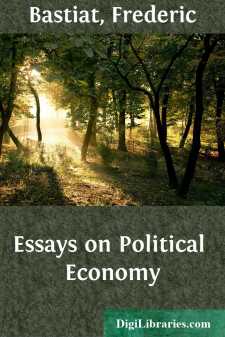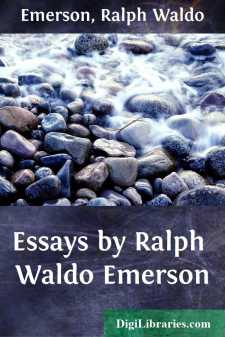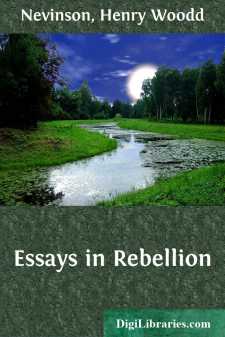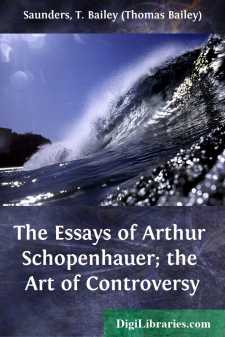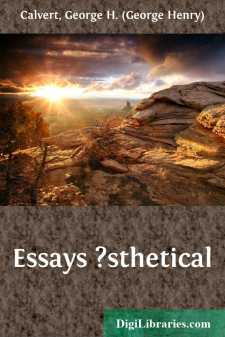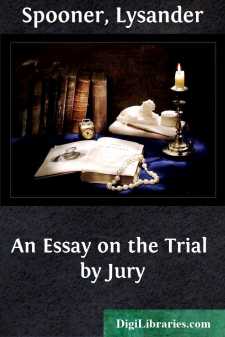Categories
- Antiques & Collectibles 13
- Architecture 36
- Art 48
- Bibles 22
- Biography & Autobiography 813
- Body, Mind & Spirit 142
- Business & Economics 28
- Children's Books 14
- Children's Fiction 11
- Computers 4
- Cooking 94
- Crafts & Hobbies 4
- Drama 346
- Education 46
- Family & Relationships 57
- Fiction 11828
- Games 19
- Gardening 17
- Health & Fitness 34
- History 1377
- House & Home 1
- Humor 147
- Juvenile Fiction 1873
- Juvenile Nonfiction 202
- Language Arts & Disciplines 88
- Law 16
- Literary Collections 686
- Literary Criticism 179
- Mathematics 13
- Medical 41
- Music 40
- Nature 179
- Non-Classifiable 1768
- Performing Arts 7
- Periodicals 1453
- Philosophy 64
- Photography 2
- Poetry 896
- Political Science 203
- Psychology 42
- Reference 154
- Religion 513
- Science 126
- Self-Help 84
- Social Science 81
- Sports & Recreation 34
- Study Aids 3
- Technology & Engineering 59
- Transportation 23
- Travel 463
- True Crime 29
Sort by:
by:
Frederic Bastiat
Capital and Interest. My object in this treatise is to examine into the real nature of the Interest of Capital, for the purpose of proving that it is lawful, and explaining why it should be perpetual. This may appear singular, and yet, I confess, I am more afraid of being too plain than too obscure. I am afraid I may weary the reader by a series of mere truisms. But it is no easy matter to avoid this...
more...
by:
Thomas Garnett
FACTS AND OBSERVATIONS ON THE SALMON. In the following observations I intend to offer some remarks on the various migratory fish of the genus Salmo; and then some facts and opinions which tend to show the importance of some change in the laws which are now in force regarding them. We have first the Salmon; which, in the Ribble, varies in weight from five to thirty pounds. We never see the fish here...
more...
LIFE OF EMERSON Ralph Waldo Emerson was born in Boston, May 25, 1803. He was descended from a long line of New England ministers, men of refinement and education. As a school-boy he was quiet and retiring, reading a great deal, but not paying much attention to his lessons. He entered Harvard at the early age of fourteen, but never attained a high rank there, although he took a prize for an essay on...
more...
by:
William James
The present volume is an attempt to carry out a plan which William James is known to have formed several years before his death. In 1907 he collected reprints in an envelope which he inscribed with the title ‘Essays in Radical Empiricism’; and he also had duplicate sets of these reprints bound, under the same title, and deposited for the use of students in the general Harvard Library, and in the...
more...
ITHE CATFISHBefore the hustling days of ice and of "cutters" rushing to and fro between Billingsgate and our fleets of steam-trawlers on the Dogger Bank, most sailing trawlers and long-line fishing-boats were built with a large tank in their holds, through which the sea flowed freely. Dutch eel-boats are built so still, and along the quays of Amsterdam and Copenhagen you may see such tanks in...
more...
THE ART OF CONTROVERSY. PRELIMINARY: LOGIC AND DIALECTIC. By the ancients, Logic and Dialectic were used as synonymous terms; although [Greek: logizesthai], "to think over, to consider, to calculate," and [Greek: dialegesthai], "to converse," are two very different things. The name Dialectic was, as we are informed by Diogenes Laertius, first used by Plato; and in the Phaedrus, Sophist,...
more...
I. The Beautiful is one of the immortal themes. It cannot die; it grows not old. On the same day with the sun was beauty born, and its life runs parallel with the path of that great beautifier. As a subject for exposition, it is at once easy and difficult: easy, from the affluence of its resources; difficult, from the exactions which its own spirit makes in the use of them. Beauty—what is it? To...
more...
by:
John Locke
CHAPTER I. OF WORDS OR LANGUAGE IN GENERAL. 1. Man fitted to form articulated Sounds. God, having designed man for a sociable creature, made him not only with an inclination, and under a necessity to have fellowship with those of his own kind, but furnished him also with language, which was to be the great instrument and common tie of society. Man, therefore, had by nature his organs so fashioned, as...
more...
by:
Adam Ferguson
SECTION I. OF THE QUESTION RELATING TO THE STATE OF NATURE. Natural productions are generally formed by degrees. Vegetables are raised from a tender shoot, and animals from an infant state. The latter, being active, extend together their operations and their powers, and have a progress in what they perform, as well as in the faculties they acquire. This progress in the case of man is continued to a...
more...
by:
Lysander Spooner
CHAPTER I. THE RIGHT OF JURIES TO JUDGE OF THE JUSTICE OF LAWS. SECTION I. For more than six hundred years—that is, since Magna Carta, in 1215—there has been no clearer principle of English or American constitutional law, than that, in criminal cases, it is not only the right and duty of juries to judge what are the facts, what is the law, and what was the moral intent of the accused; but that it...
more...


